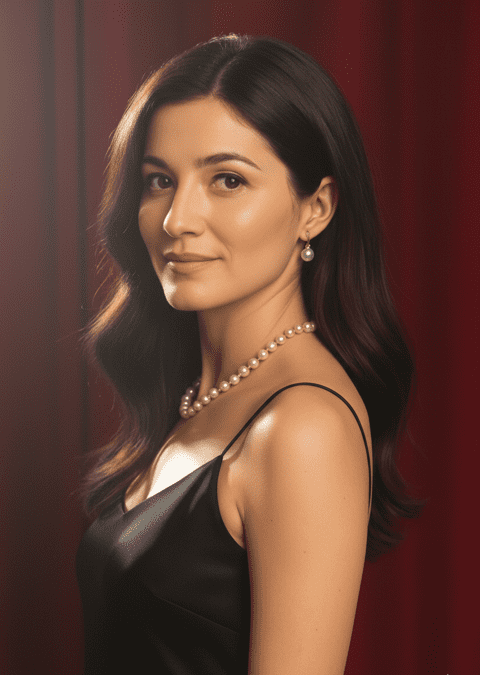17.11.2025
International Men's Day 2025: The brotherhood crisis: Where have all the men’s spaces gone?
Male-only spaces are disappearing, leaving modern men without true brotherhood. Here’s why it matters and must return.

GC Illustration.
Words: Tunku Sophia
I watched my father's generation gather every Thursday evening at the gentlemen's club.
Not for business. Not for networking. Just to be. Playing cards, sharing silence, occasionally offering counsel that came wrapped in jokes and disguised as banter. They had their space. Their brotherhood. Their unspoken understanding that some things are processed better in the company of men who've walked similar paths.
Fast forward to 2025, that world has largely disappeared, and I wonder if anyone's noticed what we've lost in its absence.
This isn't nostalgia for old boys' clubs - Old Etonians, Harrovian - or exclusive establishments that rightfully opened their doors. This is about something more fundamental: the erosion of spaces where men can simply exist as men, without performance, without ego, without the constant negotiation of how much masculinity is acceptable today.





